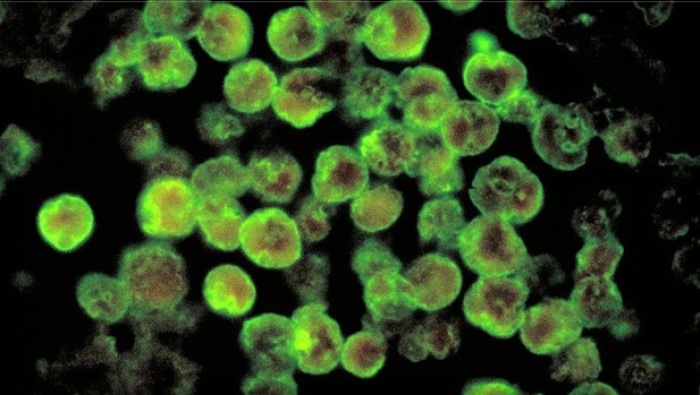Brain-eating Amoeba Kills 10 in Pakistan: Where is it Found?
Officials in Pakistan are investigating a brain-eating amoeba that has caused 10 deaths in four months in the largest city in Pakistan.
The brain-eating amoeba, also known as Naegleria fowleri, lives in warm fresh bodies of water that are polluted or untreated. These amoebas can survive in water as hot as 113 degrees Fahrenheit. People contract the disease usually when the amoeba enters the nose, passes the nasal membrane and eats the brain tissues.

Health officials in Pakistan are examining drinking water, swimming locations, and places where water has been used in Muslim rituals in Karachi in an effort to locate the source of infection.
Musa Khan, who leads the World Health Organization's Disease Early Warning System in Pakistan, said the deaths were reported in the city of Karachi from March to September.
He said health officials are visiting the homes of victims to interview their families and find out where they may have been infected by the brain-eating amoeba.
The brain-eating amoeba causes a rare but deadly infection called primary amoebic meningoencephalities (PAM), according to the U.S. Center for Disease Control. Naegleria Fowleri usually resides in sediments of rivers and lakes, feeding off the bacteria found there. However, when it enters into humans, the brain becomes an accidental food source.
Symptoms include fever, nausea and stiffness.
PAM has also killed people in the United States.
Last month, a man was infected after swimming in a southwestern Indiana lake and died several weeks later.
Two people have also died from the amoeba after using neti pots to rinse their sinuses.
A total of 32 people in the U.S. in the past nine year have died from the infection associated with the brain-eating amoeba . The survival rate of the infection is rare.




























